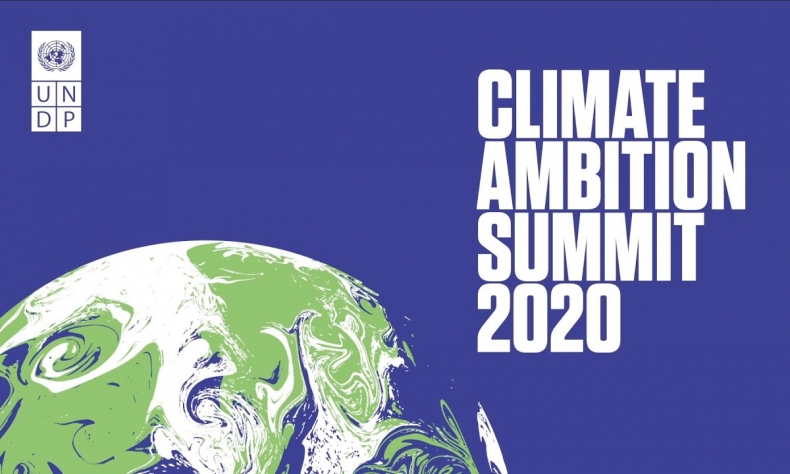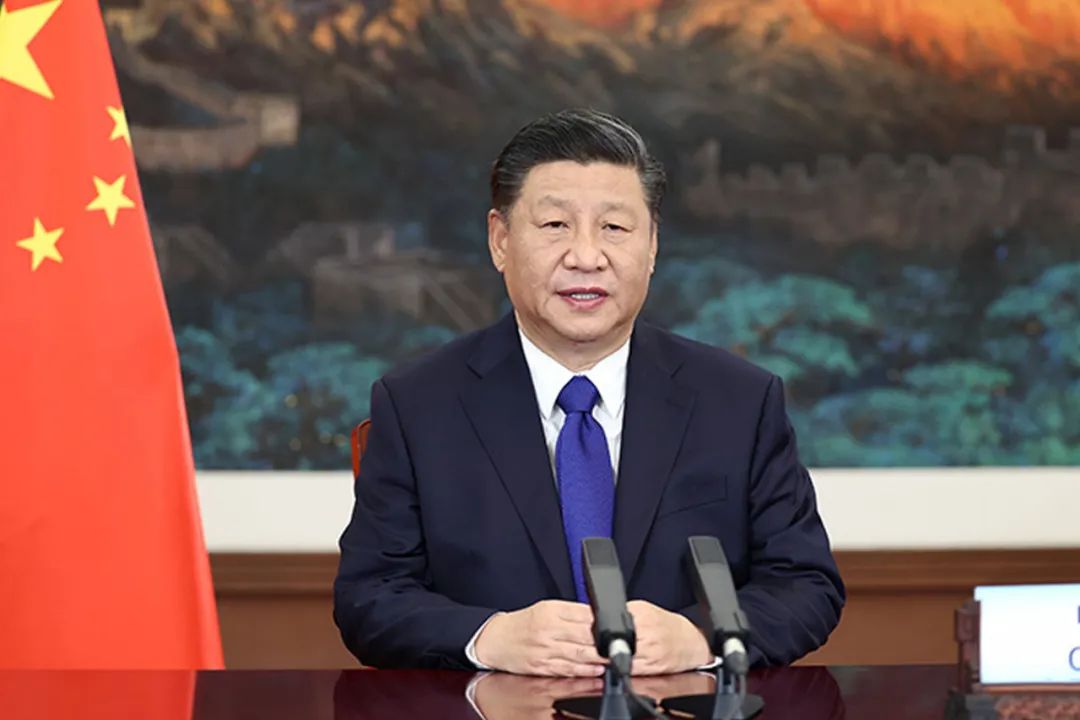A Letter on Climate Change

China and the UK, which have both set ambitious carbon emissions target, have much in common and could lead the way in a ‘unique collaboration’ ahead of vital climate talks in the coming months.
We must ready ourselves for further inevitable change in our climate. As global temperatures continue to rise, so too do the climate risks.
Deepening our understanding of these risks, at the local, national and international level, has been the driving purpose of an intensive and fruitful collaboration between scientists and policy analysts from China and the UK for over a decade. It continues today with joint China and UK work on climate risks and solutions. Our research is helping us plan for the inevitable consequences of climate change and the drive for more ambitious mitigation policies. Decision-makers must prepare for a future of increasing direct and systemic risks in all emissions scenarios.
Increasingly frequent and severe climate impacts threaten the stability of human systems. Climate risk is a function of the severity of the hazard, the length of our exposure to it, and our vulnerability or lack of resilience. Disruptions may propagate through complex economic and social systems in ‘risk cascades’, just as we have seen in COVID-19 pandemic. These can be hard to anticipate, but they have severe consequences for populations around the world.
In June 2019, the UK became the first major economy to make Net Zero greenhouse gas emissions law. In September 2020, President Xi announced at the United Nations General Assembly that China, the world’s largest emitter of GHGs, would become carbon neutral before 2060.
But shorter-term ambition matters too. The drive to reduce global emissions by 2030 must also increase pace if the goals of the Paris Agreement are to be met. Clear 2030 targets send a strong signal to business and investors and help to drive low-carbon economic development. The UK, as joint President of COP 26, has announced that it will accelerate its decarbonisation timetable and has committed to reduce its Greenhouse Gas emissions by at least 68% by 2030, placing the UK among the leading countries in climate ambition. China has announced at Climate Ambition Summit 2020 with some further commitments for 2030 that it will lower its carbon dioxide emissions per unit of GDP by over 65 percent from the 2005 level, increase the share of non-fossil fuels in primary energy consumption to around 25 percent, increase the forest stock volume by 6 billion cubic meters from the 2005 level, and bring its total installed capacity of wind and solar power to over 1.2 billion kilowatts.

A transition to lower carbon in the global energy system is now certainly underway, but progress has been too slow so far. That must change. We must capitalise on the growing economic advantage inherent in clean technologies like solar PV and wind, which now have cost advantages over fossil fuels. China and the UK can learn from each other’s experience in this energy revolution: the phase out of coal, the growth of renewables and the electrification of travel, heating and cooling – alongside the low carbon industrial challenges, through carbon capture and the development of low carbon fuels like green hydrogen. For example China’s unparalleled manufacturing and deployment of onshore wind and the world leading offshore wind sector, offers a clear opportunity for co-operation and collaboration to develop the next generational of turbines.
In 2021 the China and UK have a unique opportunity to collaborate on climate, both bilaterally (through projects like ours, that share scientific analysis and understanding of the risks associated with climate change) and in the context of multilateral events such as the Glasgow climate summit, and the China biodiversity summit. In this spirit, scientists and policy analysts from China and the UK will work closely together to increase our collective understanding of climate change, its consequences and remedies, and to encourage further actions on climate obligations. On the fifth anniversary of the historic Paris Agreement, we can consolidate the growing consensus that we must now make a decisive step to tackle climate change.
2020 will be remembered for the tragedy of a global pandemic and the fundamental disruption it has caused to our way of life. But positive action can emerge from this experience.
As leaders around the world consider how to stimulate an economic recovery from the pandemic, there is the opportunity to increase the pace of the low-carbon transition. For governments, that post-pandemic economic recovery will require investment. With that investment there will be jobs. Green infrastructure should be the priority. These are safe investments, as the world transitions from risky fossil-fuelled infrastructure to cleaner, more sustainable energy systems Clean technologies can drive $1-2 trillion in annual green infrastructure investments and create 15-20 million jobs globally. A green recovery, led by investment in clean energy infrastructure, can help governments achieve inclusive and sustainable growth.
In 2020, we have been reminded of how globalised we have become – and how exposed we are to threats and hazards that do not respect international borders. This year, the threat was a coronavirus – but climate change presents a set of even more concerning hazards. We must learn lessons from this pandemic. We can be better-prepared for the climate hazards that will drive global, complex, and cascading risks in the future. Coming to terms with the severity of these threats and preparing for them can be a lasting, positive legacy of our COVID-19 experience.
Lord Deben is Chairman of the UK’s Climate Change Committee. Professor Zhou Dadi is member of China’s Expert Panel on Climate Change.
 Facebook
Facebook
 Twitter
Twitter
 Linkedin
Linkedin
 Google +
Google +










